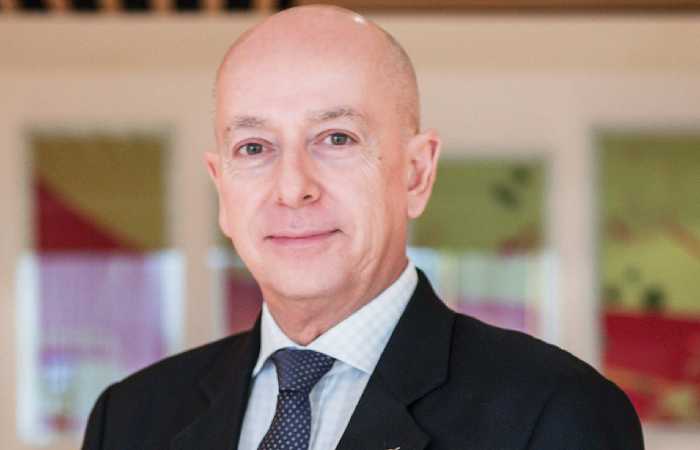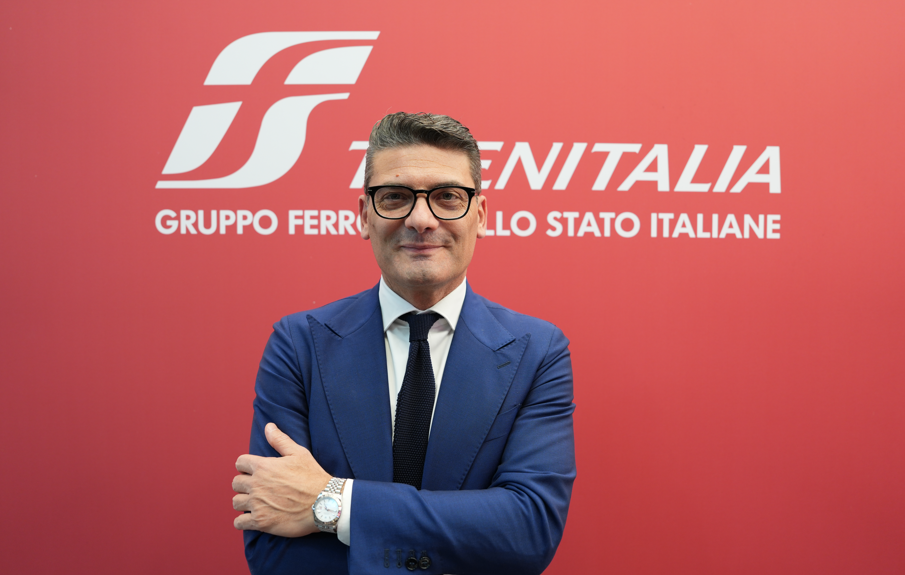Jean-Michel Casse, Chief Operating Officer, India and South Asia, AccorHotels, speaks about the group’s mid-scale hotel brands in India and ways to expand its operations.
Anupriya Bishnoi
Q What are the group’s expansion plans for this year?
We will continue our strong growth momentum in 2018 as we expand our network of hotels in the country across a portfolio ranging from international luxury and upscale to mid-scale and economy brands. AccorHotels now has 4200 hotels, resorts, and residences across 95 countries, with India as one of our significant growth markets.
In India, AccorHotels has an expansive network of 46 hotels spanning nine internationally celebrated brands in 22 cities. In 2017, AccorHotels added seven hotels to its network and this year, we plan to add at least another four, having already opened our first hotel in 2018 – ibis Pune Hinjewadi. Chennai remains a key market for us with five existing hotels and 982 rooms. We are also the largest operators in key markets like Hyderabad and Goa.
Q Will AccorHotels emphasise more on mid-segment hotels while expanding or is it still going to be a healthy mix?
We believe that we have something to offer to every segment of traveller, given our expansive portfolio and dense network of hotels. In India, we have witnessed a major shift in the focus of our industry for the past decade. Today, mid-segment hotels form a larger percentage of the total room inventory, also accounting for nearly 50 per cent of all the hotel rooms in the country. A significant portion of our expansion is driven by our mid-scale brand Novotel and smart economy brand ibis. Currently, we have 17 Novotel and 18 ibis branded hotels in the country with an active and robust pipeline across major cities.
“In India, AccorHotels has a network of 46 hotels spanning 9 international brands in 22 cities. In 2017, AccorHotels added seven hotels to its network and this year, we plan to add at least another four”
In this segment, we see a significant demand and supply gap, which we seek to bridge with our Novotel and ibis brands. We see this growing demand as a potential growth engine for the future. Our recent openings in Lucknow, Dwarka, Chennai OMR, Pune, and Goa along with upcoming openings in Kochi and Sriperumbudur further highlight our focus to cater to the needs of a diversified growing base of business and leisure travellers alike.
Q If you had to sum up 2017, how would you describe it in terms of AccorHotels’ business and the overall hospitality industry?
AccorHotels has been around for the last 50 years. In India, we just turned 11 and are committed to building the world’s most enviable collection of brands in the most powerful emerging markets, making our guests feel welcome at each of our properties. What has been accomplished during the last 50 years has not only been extraordinary, but has shaped the size of our network; with the acquisition of FRHI, we not only enhanced our position as a luxury operator but we also repositioned the way people thought about AccorHotels. We now have some of the best-known brands in luxury within our portfolio and some of the best people in luxury on our teams. We are seeing new trends towards experience and personalisation being the key factors for luxury travellers. Lifestyle and design-focused hotels are also very much in demand and we are following these trends in our development strategy.
During our operations in India, we have gained solid momentum. The previous year was an eventful one for all of us at AccorHotels and we are geared up to achieve more this year. Last year, we opened eight new hotels as part of our network expansion and densification strategy in India, which brought us closer to our target growth of 80 hotels by 2020. Apart from this, the ongoing focus on mid-segment brands helped us establish a strong foothold in India.
Q Where do you see AccorHotels and the Indian market in the next five years?
In line with our global approach to development based on luxury hotels, private residences, lifestyle concepts and resorts, we are increasingly focused on similar segments in India, where we see selective but interesting opportunities in key commercial hotel markets. Our luxury portfolio in India is represented by Fairmont Jaipur, Sofitel Mumbai BKC, Swissotel Kolkata, and Pullman New Delhi.
While we seek opportunities to introduce the entire gamut of brands at the appropriate time, we are engaged in some very active and interesting discussions to bring the Raffles and Banyan Tree brands to India as a start. We envision growth of the Fairmont and Sofitel brands in markets such as Mumbai, Gurugram, Delhi, Bengaluru, and Goa among others. We would be very keen to engage in discussions for these brands and have seen interest from some of our existing partners as well as those new to AccorHotels. Branded private residences co-located with hotels under brands are also of interest to potential partners.
A significant portion of our expansion in India is driven by our internationally renowned midscale brands such as Novotel, which is renowned for its modern, easy living and flexible concept, as well as our smart economy brand ibis.
Q What kind of challenges do you foresee for 2018?
The core challenge for the hospitality industry at large is the ability to attract and retain the right talent, which is intrinsic to driving great guest experience and ensuring all guests feel welcome. With attrition at around 25-30 per cent across different levels, a metric often considered amongst the highest across all service industries, talent and culture is an area we focus on strongly as a group. We focus on instilling the right attitude and service to increase guest satisfaction through AccorHotels Academie, a learning network offering real time, online, and virtual courses. We invest a lot of time conducting trainings, developing and managing employee engagement plans, understanding and supporting the work-life balance needs of our people, openness for flexible timings, specially designed programmes to benefit employees, and developing resources with initiatives such as the AccorHotels Also, taking forward our motto of ‘Feel Welcome’, one of our initiatives is oriented towards culture change at workplace and is known as Heartist. Through this, we build our distinct identity, share a common language, common set of values, common desired guest experience and common way of being with our colleagues around the globe.
Q When it comes to staying ahead of competition, what are your key areas of focus?
One of the key game changers in the industry has been consumer empowerment. While earlier hotels would once court travel agents and retain tight control over their relationships with their customers and other stakeholders, in the recent years we have seen a new breed of Online Travel Agents (OTAs) and digital influencers who have come to develop an increasingly strong impact on consumer decisions.
We are focusing on digital transformation, including broadening our direct booking platform, adding new services, and expansion in luxury segment.
 TravTalk India Online Magazine
TravTalk India Online Magazine



